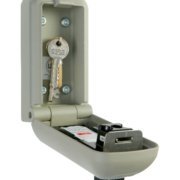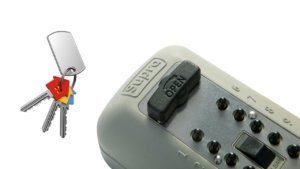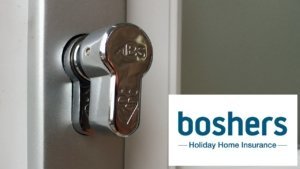 Why consider thumbturn locks for your holiday home exit doors? Have you had that frustrating moment when you get to the door and can’t find your keys to get out? It can be annoying for a few minutes whilst you locate them. However imagine if this were to happen in the case of an emergency such as a fire. The consequences could be serious and even potentially fatal.
Why consider thumbturn locks for your holiday home exit doors? Have you had that frustrating moment when you get to the door and can’t find your keys to get out? It can be annoying for a few minutes whilst you locate them. However imagine if this were to happen in the case of an emergency such as a fire. The consequences could be serious and even potentially fatal.
Now consider you’re on holiday, you don’t know the layout of the property as well as your own home. Chances are you and your belongings are all in a state of flux as you relax and unwind. Afterall you are on a well earned holiday. The chances of you knowing where your keys are or even where to look for them are diminished. The consequences of not finding your keys can be very significant. Especially so should you need to leave your holiday home in an emergency. This is where thumbturn locks come into their own!
Keeping your guests safe should an emergency happen
As a holiday homeowner the safety of your guests will be paramount to the service you offer them; you want them to have a great time and you want them to have a safe time.
The scenario we’ve painted may be one you think will never happen to your own guests and it’s certainly one we hope will never happen, but statistics show that fires or other emergencies can; in the past year there’s been nearly 700,000 call outs of fire brigades across the country, which is a staggering 1,900 every day. 261 people died over that period from fire related incidents.
Making it easier for your guests to escape with thumbturn locks
When escaping an emergency such as a fire in your holiday home speed is key. One way you can enable this is by fitting thumbturn locks on final exit doors. On the exterior of the door entry is still gained via a key, but on the inside the door can be quickly and easily unlocked with the turn of a knob.
This ultimately means you only need to use the key when leaving (to lock it) and entering (to unlock it) your property and is a key reason the device is supported and recommended by the emergency services. Considering appropriate means of easy escape, together with raising the alarm is a fundamental part of of any holiday home fire risk assessment.
Can thumbturn locks be fitted retrospectively?
The good news with these locks is that they can be easily be retro-fitted to your existing UPVC or composite doors in a matter of minutes. Speak to a locksmith for guidance on solutions for other types of doors. Remember that these locks are still going to secure your holiday home so we always recommend you use professional tradespeople to ensure that an appropriate solution is implemented.
If you would like to find a qualified locksmith in your area then please click on this link:
Boshers offer specialist holiday home insurance to owners across the UK. For information on how we can help and support your holiday home business call us on 01237 429444.
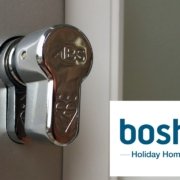
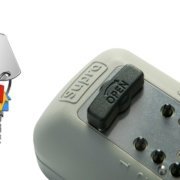
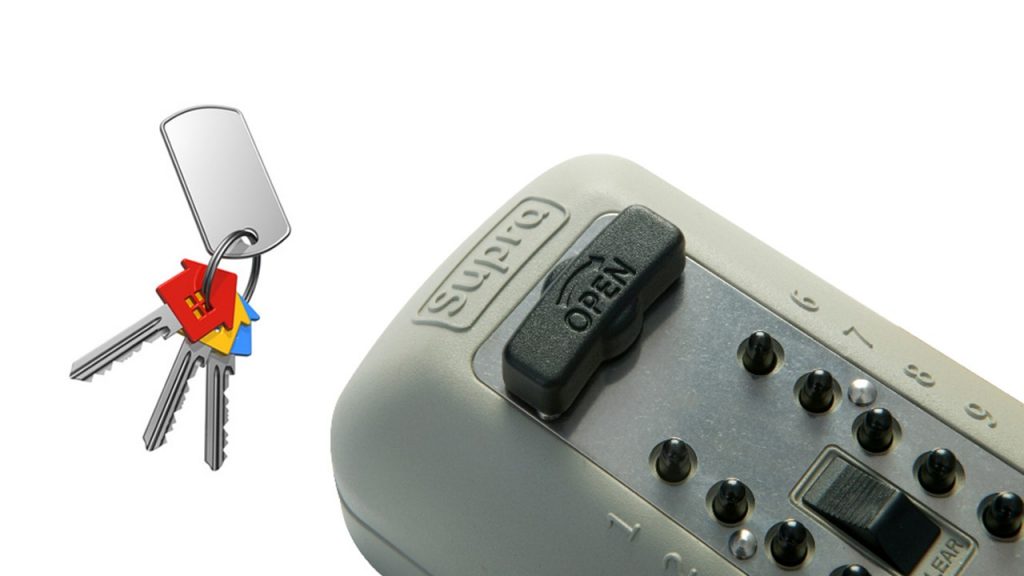 Are you guilty of hiding the key to your holiday home under the mat or plant pot? There is another way of keeping your holiday home secure!
Are you guilty of hiding the key to your holiday home under the mat or plant pot? There is another way of keeping your holiday home secure!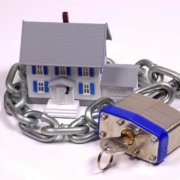
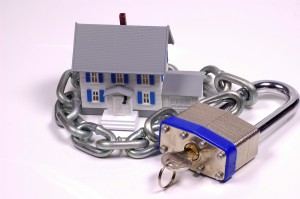 Holiday homeowners often face a unique set of circumstances when it comes to holiday home security; you could live a good distance from your property, it may be unoccupied for periods during the year and you’ll ultimately have no control over how security conscious and diligent your guests remain when they’re in relaxation mode on their holiday.
Holiday homeowners often face a unique set of circumstances when it comes to holiday home security; you could live a good distance from your property, it may be unoccupied for periods during the year and you’ll ultimately have no control over how security conscious and diligent your guests remain when they’re in relaxation mode on their holiday.